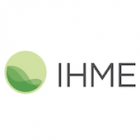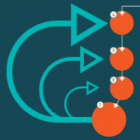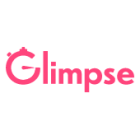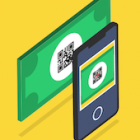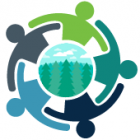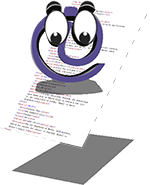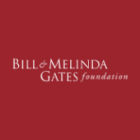
Gates Foundation: Grand Challenges Data Warehouse
The Grand Challenges Program is a global initiative to solve health and development problems for those most in need. It has been responsible for over 2800 grants in over 100 countries. One of the program’s largest funders, the Bill and Melinda Gates Foundation, has been dispersing grants and collecting data throughout the years, but this data currently exists across many disparate sources, in various formats residing on different platforms. This data warehouse was created to synthesize all the data into a single stream that can be easily queried and analyzed to identify true success metrics.

